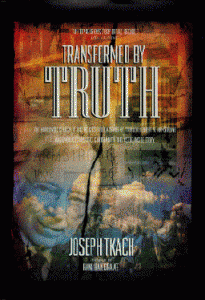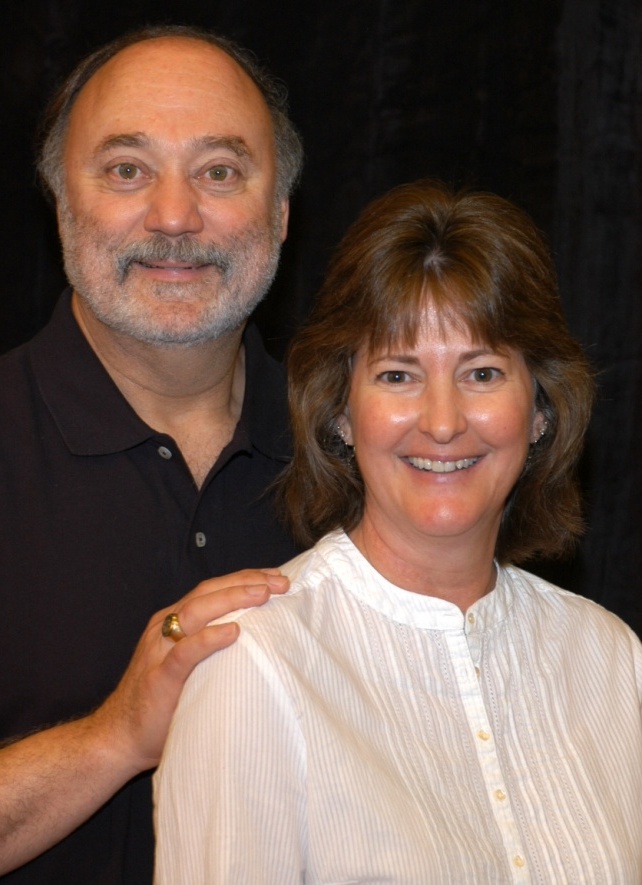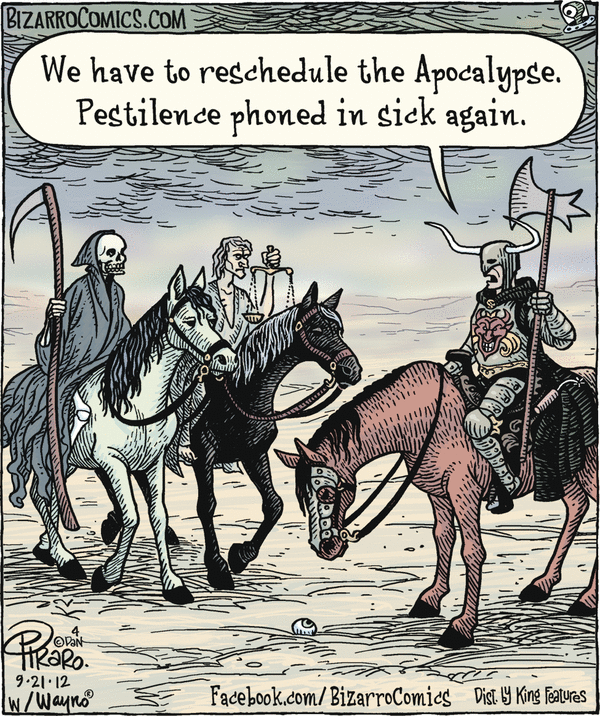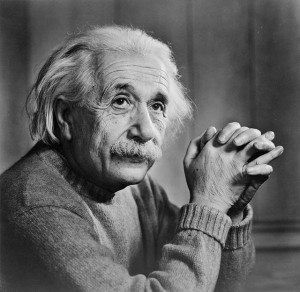Dear Brothers and Sisters in Christ,
 The Day of Pentecost celebrates the coming of the promised Spirit and the day the church began to preach the gospel to the world. As the disciples spoke, the large crowd from all over the region were astonished to hear the message of “God’s deeds of power” in their native languages.
The Day of Pentecost celebrates the coming of the promised Spirit and the day the church began to preach the gospel to the world. As the disciples spoke, the large crowd from all over the region were astonished to hear the message of “God’s deeds of power” in their native languages.
This was a remarkable miracle—a reverse of the confusion of tongues that happened at the tower of Babel. However, it might not seem quite so miraculous today. The technology exists for simultaneous translation, even taking into account regional accents and dialects. This is just one of the remarkable advances in communications technology.
How should we use these advances to spread the gospel?
I’m certainly not opposed to the use of media. The development of the Internet and the rapid progress in all forms of communications technology makes it possible to reach out in ways that we could not have imagined even two decades ago. What once needed dozens of employees working in large departments now can be accomplished by a handful of people, working out of their own homes. I can have frequent and almost instant contact with the people who work with me producing the church’s media, even though we live thousands of miles apart.
This is the trend of the future and we can follow it intelligently.
There is nothing wrong with using mass media, providing we remain true to the gospel message. Sadly, in order to attract attention in the competitive world of advertising, it can be tempting to present the gospel as something it is not. In the past, when we had a very different focus, we spent millions of dollars every year on television and print media. But it became obvious that, as production became more sophisticated and expensive, and as cable and satellite expanded the choice of TV channels, this was a bottomless pit of expense. So we now distribute our video productions through the Internet, allowing us to produce quality programming at a much lower cost.
We must be careful not to become so bedazzled with the potential of new media that we overlook the fact that the most effective advertising method for preaching the gospel is one of the oldest. In the nineteenth century, if you wanted to make your product or business known, you would hire a “sandwich board man.” He would walk the streets, wearing boards that had your advertising information written on them. This is what my dad had in mind when he used to say we should be “walking, talking advertisements for the kingdom of God.”
My “business,” and yours, is representing the kingdom of God. Suppose God asked you to walk around for a few hours each week wearing a big sign saying something like “Be kind, be loving, be graceful, be forgiving, be generous, seek truth, be a Christian.” You’d be pretty careful how you behaved while doing that, wouldn’t you? Thankfully, God does not expect us to literally do this. However, he does expect us, through our behavior, to show there is an alternative to the vanity, selfishness, lust and greed that is the way of life in this world.
After the impressive “launch” of the church in Jerusalem on the Day of Pentecost, it does not appear to have been God’s plan to spread the gospel through huge media campaigns. Research into early church history shows that the gospel spread through the example of the believers who were moved by the Holy Spirit. The gentle, unselfish way of life of the first Christians was a striking contrast to the harsh realities of Roman rule. And it is the same today. The same Holy Spirit that Jesus promised to send his disciples then, enables us now to proclaim with our lives the good news of the renewing power of God. That same Spirit also prepares and enables others to hear and receive the message of God’s grace at work within us.
The best advertisement we can be for God’s gospel of grace is to let the love of God flow through us and reach out to others in the power of the Spirit of Jesus. This is why I pray daily that my life’s advertisement be a positive message. I believe we all want to follow the apostle Paul’s words:
For through the law I died to the law so that I might live for God. I have been crucified with Christ and I no longer live, but Christ lives in me. The life I live in the body, I live by faith in the Son of God, who loved me and gave himself for me (Galatians 2:19-20).
On the Day of Pentecost this year , let’s count on the Holy Spirit to be at work among us and encourage those we serve to launch their own “media campaign,” showing by the way we live the hope that we have in Jesus (1 Peter 3:15).
Your brother in Christ,
Joseph Tkach









